02/ ENVIRONMENT (2022)
02/
OUR
COMMITMENT
TO THE
ENVIRONMENT
AT STALLERGENES GREER “WE EMBRACE THE PROTECTION OF CLIMATE AND NATURE TO BOOST THE PREVENTION AND TREATMENT OF ALLERGIES”.
The environmental pillar of our corporate responsibility approach includes six key programme commitments which illustrate our engagement to address our environmental impact on the value chain and contribute to supporting research in environmental health.
We are committed to mitigating the environmental impact of our business operations and supply chain and using natural resources responsibly.
Because the quality of the air we breathe has a significant impact on the health of populations across the globe, we also support research initiatives in the field of environmental health and aim to raise awareness regarding climate action.
Our contribution to the UN SDGs
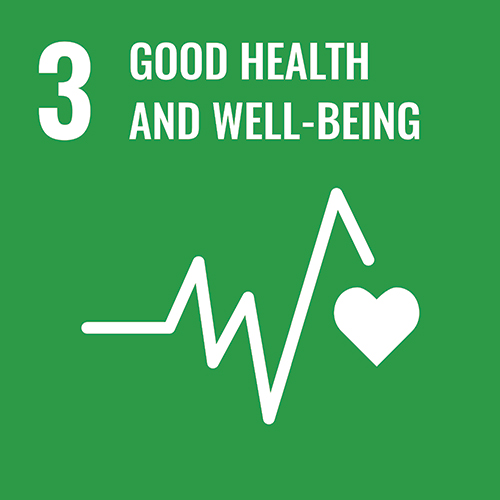
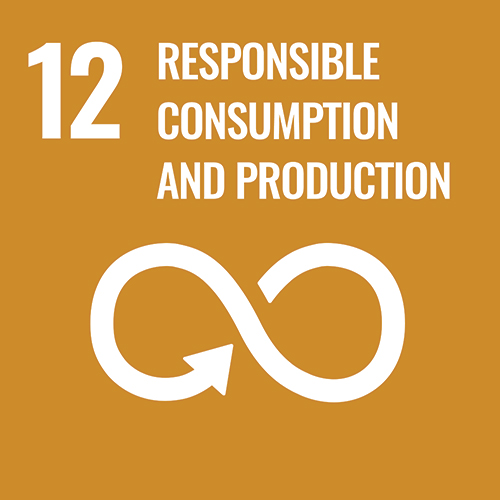
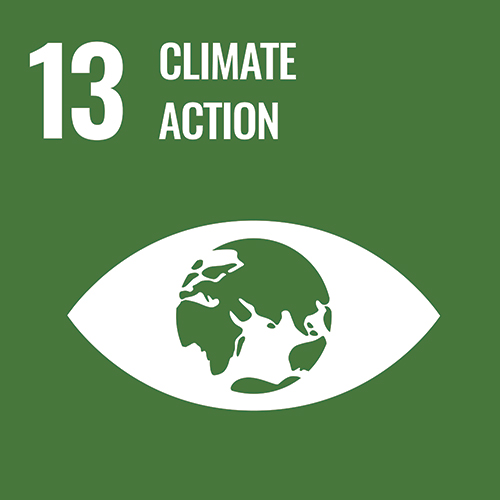
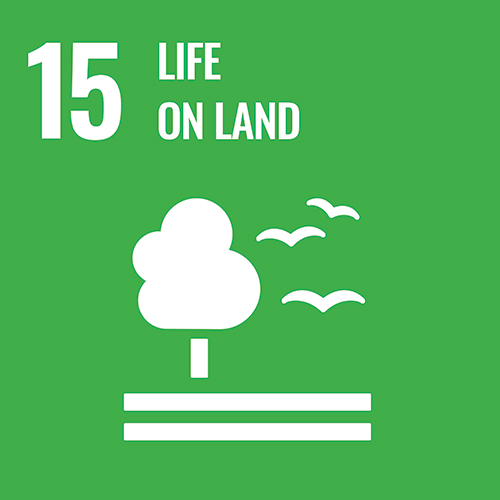
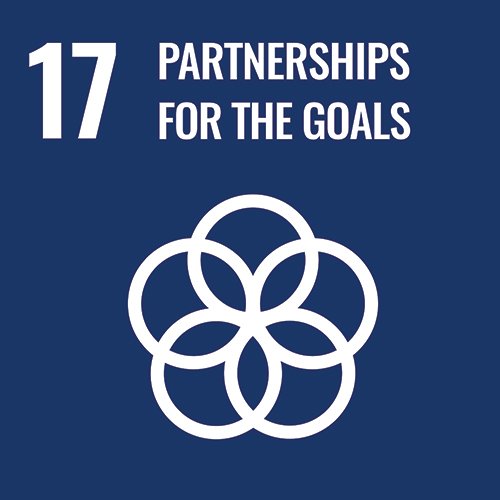

ONE/
SUPPORT OUR SITES IN ADJUSTING TO ENVIRONMENTAL CHALLENGES
Environmental considerations included in all PMO initiatives
To ensure that environmental considerations are taken into account by the teams in the design and development of Stallergenes Greer’s strategic projects, a specific module was tailored into our portfolio management software to help project managers define how each project contributes to the objectives of our corporate responsibility strategy. The environmental impact assessment will also be integrated into the preparation of the business case before project launch.
Local environmental advisors monitor and progress our actions
In 2023, a global environmental advisor will be appointed to ensure compliance with regulations pertaining to environmental management and provide recommendations regarding water, waste, land and air quality management. In liaison with the Group’s Corporate Responsibility Committee and local management, the advisor will also provide support to the project management teams.
Green Team volunteers show the way
Green Teams are in the process of being set up to help drive Stallergenes Greer’s sustainability efforts. Composed of volunteers, the Green Teams will focus on reducing the day-to-day environmental footprint of our offices through projects which aim to reduce and recycle office waste, source environmentally friendly office supplies, or lessen energy consumption via the use of LED lights, for example. Thanks to our Green Teams, eco-gestures will be reinforced across all our offices.
TWO/
CONTRIBUTE TO THE OBJECTIVES OF THE PARIS AGREEMENT
Understanding our greenhouse gas impacts
In 2022, Stallergenes Greer took important steps to understand its climate impacts. Our direct greenhouse gas emissions are generated by our production facilities and offices, while indirect emissions are primarily related to employee commuting, travel, and the distribution of our treatments.
Work regarding the collection and estimate of our carbon emissions (scope 1 and 2) is ongoing. We will continue to assess how to reduce our greenhouse gas emissions and develop Group-wide targets which will be disclosed next year.
Green mobility practices
Operating our business involves business travel, to establish and maintain strong relations with our partners and colleagues, as well commuting to and from our offices daily. As previously stated, Stallergenes Greer is currently assessing its environmental impact, however, steps have already been taken to reduce carbon emissions from business travel. The Group promotes the use of digital solutions and collaborative tools, the fleet of company cars will be progressively replaced with models which pollute less, and charging stations for electric vehicles will be deployed across our main sites.
In Antony (France), to further limit the environmental impact linked to commuting, employees can already benefit from a sustainable mobility subsidy allocated for the use of a mechanical or electrically assisted bicycle.

THREE/
USE NATURAL RESOURCES RESPONSIBLY
Energy efficiency
Stallergenes Greer has already implemented a series of initiatives across its different sites to become more energy efficient. In Antony (France), our approach covers areas such as the progressive implementation of LED lighting in all our buildings, reducing the time during which our signage is lit, controlling and programming heating temperatures and promoting the use of environmentally friendly practices daily for water and electricity consumption, or waste management. In Lenoir (NC, U.S.), lean energy initiatives include air leak reduction, steam leak reduction, changing lighting fixtures to LED, water leak reduction, and various other electrical energy items. The site is also working to connect all HVAC (Heating, Ventilation and Air Conditioning) systems in noncritical areas to the building automation system that will have programmable schedules to set back temperatures when areas are unoccupied.
Working with nature
Our allergen extracts are derived from natural sources, and we have adopted an integrated approach to the sourcing of most of our raw materials to ensure their availability and reproducibility. In France, our Amilly site, grows five species of grasses (cocksfoot, sweet vernal grass, rye grass, meadow grass, and timothy) on 90 hectares of land. In the U.S., our Mathiston, Mississippi, site grows harvests and collects over 75 different types of pollen on more than 56 hectares of land. The land is maintained by Stallergenes Greer and relies on natural processes to build soil fertility.
FOUR/
IMPLEMENT ECO-FRIENDLY PACKAGING SOLUTIONS
Stallergenes Greer uses paper, cardboard, plastic for the packaging and/or transport of its treatments and is currently assessing methods and suppliers to shift to more sustainable materials.
The use of sustainably sourced and recycled materials in our packaging materials is one of our objectives. The Group’s new packaging line in Antony (France), which was implemented in 2022, is capable of processing recycled materials.
FIVE/
PACKAGING SOLUTIONS
Partnering with organisations
Stallergenes Greer France has been partnering with RNSA, the national aerobiology network in charge of the analysis of the content of biological particles, for several years now. An RNSA sensor was installed on our Antony site in 2013 to study the content of biological particles in the air (pollens, moulds) that may have an impact on the allergic risk of individuals and collect the associated clinical data.
Stallergenes Greer and RNSA also recently unveiled the results of a study on the impact of climate change on pollens in France and on the environment in which allergic people live. To know more about the study, refer to the Operating Review France section of this report.
SIX/
SUPPORT RESEARCH IN ENVIRONMENTAL HEALTH AND ECOLOGY OF HEALTH, WITH A SPECIFIC FOCUS ON THE IMPACT OF AIR POLLUTION ON RESPIRATORY DISEASES
Through the Stallergenes Greer Foundation, we will sponsor research efforts in the field of respiratory airway diseases and thus contribute to the One Health initiative dedicated to improving the lives of all species. Philanthropic actions related to environmental matters may also be supported by the foundation.

“The environmental challenges we are all facing can only be tackled with the support, collaboration and commitment of all the teams across the organisation. We are taking proactive steps to generate sustainable practices which will create value for society as a whole.”
NICOLA LAMACCHIA
Chief Financial Officer
